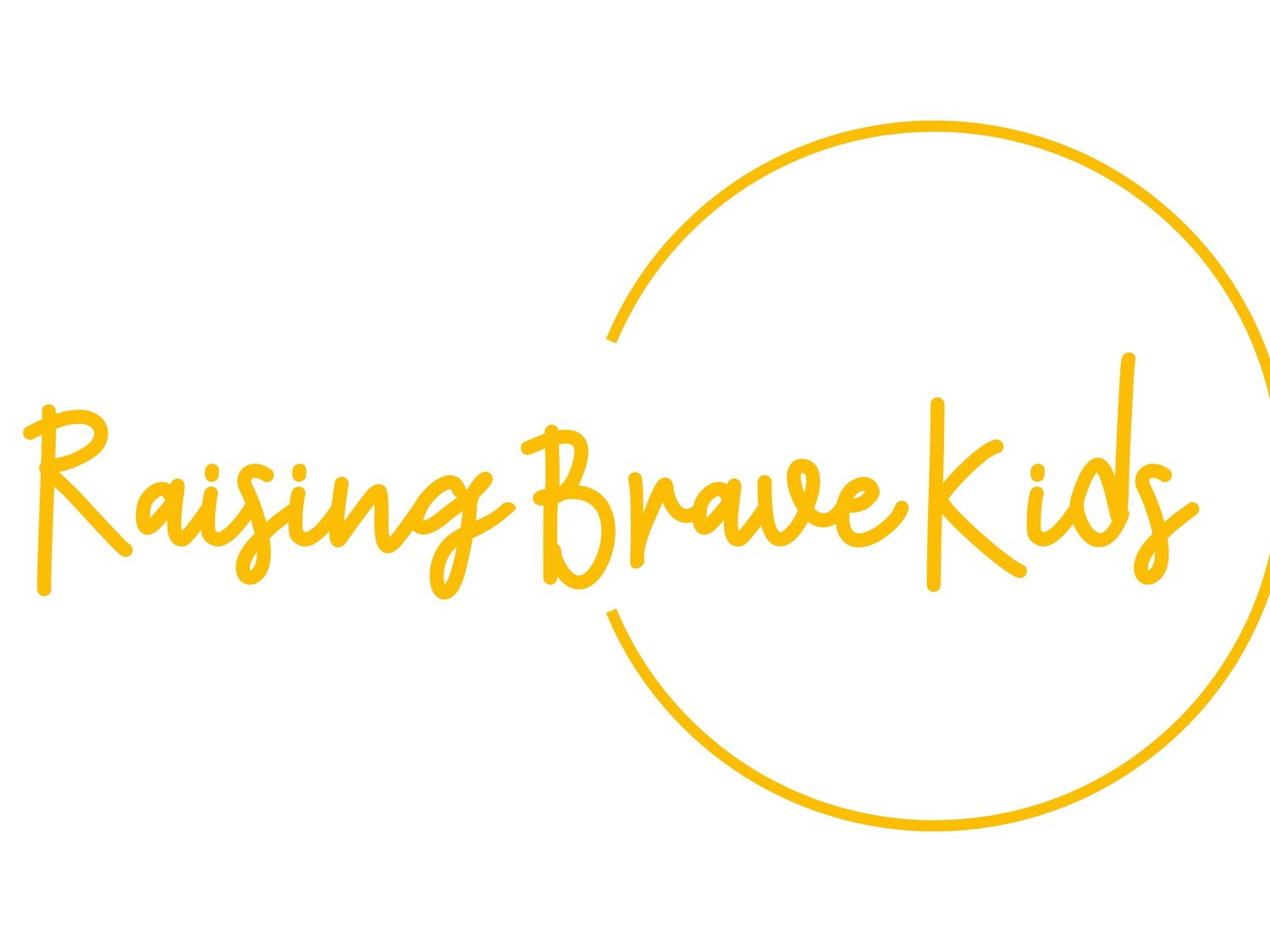How to Stop Overthinking: A Simple Guide for Kids and Teens
Do you ever find yourself stuck thinking about the same thing over and over again? Maybe you're worried about something you said, or you're scared something bad might happen. It can feel like your brain is playing a game of mental ping-pong that just won’t stop.
If you have anxiety or OCD, this overthinking can get even worse. Your mind tries to figure everything out, but instead of making you feel better, it makes you more worried. But guess what? There are ways to stop this cycle and take control, especially with the right support. Here in Portland we offer individual in person therapy for kids & teens that helps you practice the skills to better manage stress and not get stuck in the loops of anxious thinking.
What Is Overthinking?
Overthinking is when you keep going over something in your mind, trying to solve it. You might replay what happened, try to guess what will happen, or tell yourself that everything's okay. But just like how some people might wash their hands a lot to feel better, this kind of thinking only makes your worries stronger.
Why It’s So Hard to Stop
Even when you know you’re overthinking, it can be really tough to stop. Your brain wants answers, especially when you're feeling worried. But trying to solve everything in your head can turn into a trap, kind of like trying to win a game that’s impossible to win.
How to Break Free
Instead of trying to outthink your worries, you can try something called a "Non-Engagement Response" (playfully called a NER). This just means recognizing your worries without getting pulled into them. Here’s how you can do it:
Admit You're Worried: Instead of trying to convince yourself that everything’s fine, just say, “Yep, I’m feeling worried about this and thats ok.”
Accept You Don’t Know: Understand that you might not know the answer to your worry, and that’s okay. Not everything can be figured out, and that’s normal. A great example of a NER here is saying “I might never know the answer to that” or “Ill just have to wait and see what happens.”
Recognize It’s Possible: Admit that what you’re worried about could happen, but also remember that it’s just one of many possibilities. Statements of acceptance like “That could be true, it could happen” or “anything is possible”, or “maybe, maybe not” get you out of the battle with you’re anxious mind.
Accept It Would Be Hard: Know that some things would be tough if they happened, but that’s okay too. Instead of thinking about it all the time, just acknowledge it and move on. A great one for this is saying “Hm, that would really stink.”
Keep Practicing
The more you use these responses, the more your brain will learn not to get stuck in overthinking. Over time, you can take back control from your worries.
It might take some practice, but with time, you can learn to stop the mental ping-pong and feel more in control of your thoughts. And remember, if you need help, Raising Brave Kids is here in Portland, Oregon ready to support you with tips and guidance to help you feel more confident and less worried.
